UT English Professor Deb Olin Unferth Hatches an Inventive Chicken Heist in Her Latest Novel
Picture this: A couple of egg industry auditors sneak onto a farm in the dead of night to steal a million chickens. It didn’t happen—but it could, says Deb Olin Unferth, a UT professor who teaches creative writing at the Michener Center and New Writers Project. Her latest novel, Barn 8, explores the perils of factory farming and follows a group of renegades who conceive this wild heist.
The Alcalde spoke with Unferth about factory farming, eggs, and why we should consider what a chicken might have to say about all of this.
I was learning about factory farming and industrial farming. It’s so sad when you read about how animals are kept. I got this image in my mind of this barn with all of the animals leaving it. Nobody likes the idea of keeping a lot of animals inside cages. The more that I thought about it, the more I thought it was a really intriguing image.
Why chickens?
Chickens are the most abused animal in the industry. As I read about how the chickens were treated, I felt like chickens would be the best way to talk about the subject. Plus, you never think of chickens when you think about animals going extinct or animals who are being tortured by the farm industry. As I got to know more about chickens, I realized how unique and beautiful they are and how much intelligence and personality they have.
Did you do a lot of research?
I did a ton of research. [In 2014], I wrote an article for Harper’s Magazine on the egg industry, a longform investigative piece. I did a lot of interviews and farm visits, and talked to a lot of activists and undercover investigators. I read a lot of books about chickens and scientific research. I went to a conference put on by the egg industry. It’s all rooted in facts. I took license with a few things but not much. No one could actually do this, I kept thinking. The facts are there, but nobody would ever really do it. As I got to know the activists, I realized, oh, if they wanted to, they would. They’re such an intense group of people.
How would you explain factory farming?
For most of civilization, eggs have been a luxury. We would eat eggs in the spring when chickens would lay them, and the rest of the time chickens weren’t laying eggs. Then scientists during the Depression figured out that if you shine light on chickens a certain number of hours a day, their bodies believe that it’s spring, and they will lay more eggs. We created this situation where we could get a chicken’s body to believe that it’s spring year-round, so they’ll just keep laying eggs.
We used to make cakes without eggs. We had lots of breakfast and pancakes and all kinds of things without eggs. We didn’t need eggs as much, and now we find ourselves in a situation where we have eggs in everything. It has been this sort of cycle where we need more eggs so we have 250,000 chickens in a barn and one farm could have 20 barns.
How do you get people to care about this topic?
I wrote from the point-of-view of a chicken. There’s a chicken character in there. Getting that right was really important to me because I didn’t want to have a chicken character that was too human-like or that was just goofy, because it would be very easy to make a goofy chicken. I wanted her to have an important role so that as you’re going through the book, this chicken is sort of popping up here and there, and I wanted you to be waiting for this chicken and feeling empathy for this chicken.
I learned as a result of being around the farmers that none of these people are evil. It’s not like the farmers want to hurt chickens, it’s just the way our food system is set up, this is the best way for them to do it. It was a real learning experience figuring out that it’s not that the people were villains who were keeping all of these chickens in tiny cages. I didn’t want to write a book where it’s like you’ve got the evil farmers and you’ve got the nice activists.
Does your book explore alternatives or solutions?
My book isn’t really an activist book. It’s a novel. I know that there are a lot of alternatives, such as only using free-range eggs. I personally don’t eat eggs. I’m a vegan. I don’t feel like chickens are ours to use. I don’t think that they are a product. I think that they are animals with their own agency, so I don’t believe that we have the right to use them.
What do you hope sticks with people after reading this book?
That people think about their food choices and think about animals as subjective beings worthy of consideration. I also hope people think about how we’re all connected. That was an important part of the book for me: that these humans were all connected and the animals were connected to them and the earth was connected to all of it. As I was writing the book I was struck by how connected everything felt to me. It was almost a spiritual experience.
This interview has been edited and condensed.
Credits from top: Nick Berard; Graywolf Press
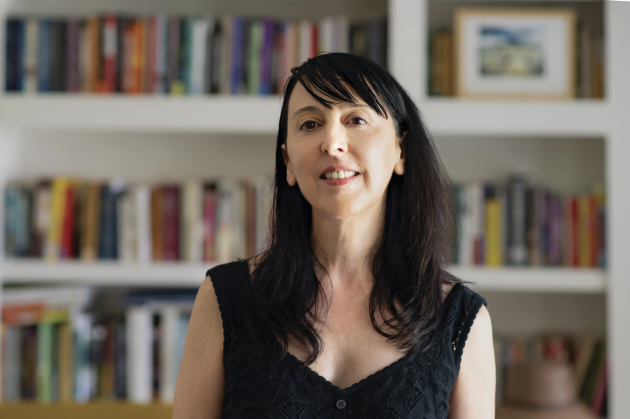
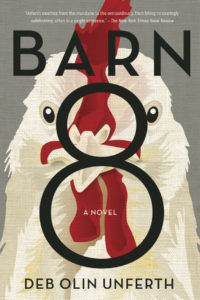




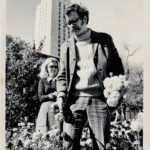

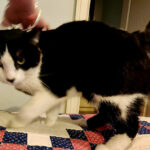
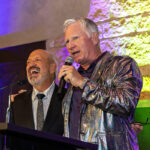




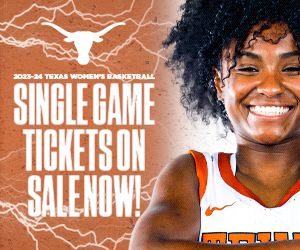




No comments
Be the first one to leave a comment.